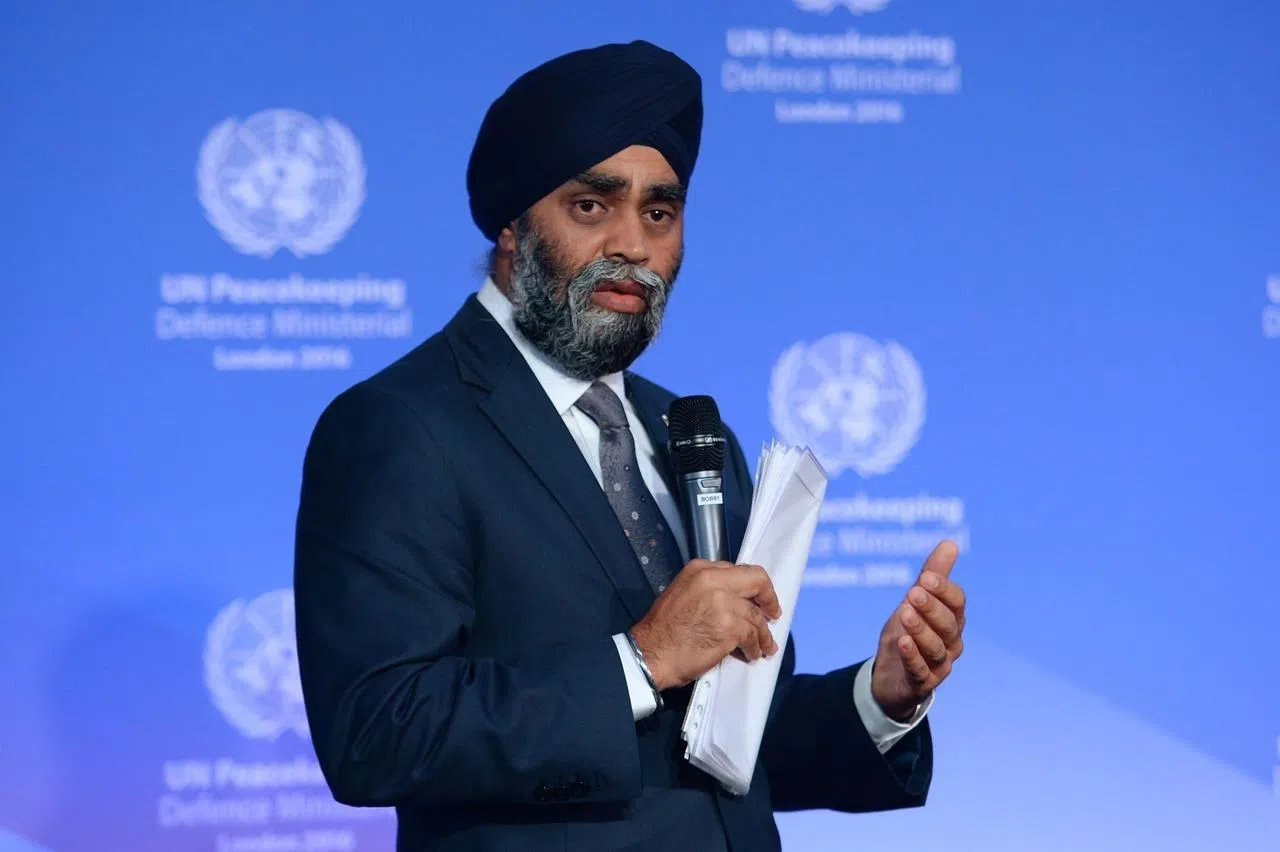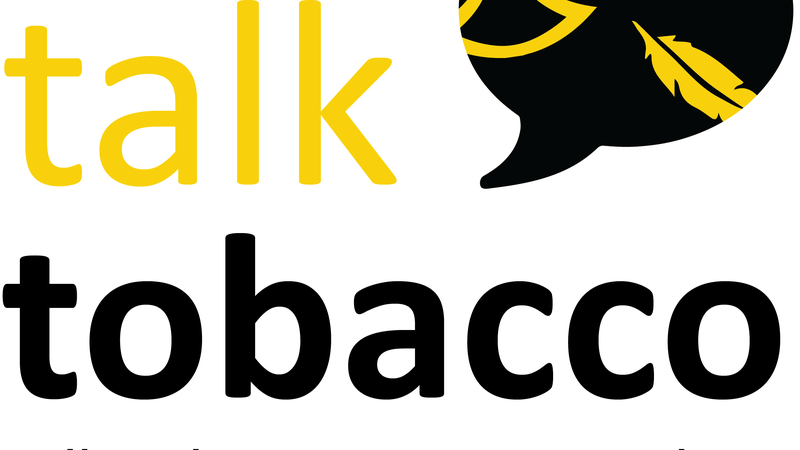
Political battle shaping up over Liberal government’s peacekeeping plan
OTTAWA — Battle lines are being drawn between Liberals and Conservatives as the government prepares to deploy hundreds of Canadian troops to an as-yet-unannounced United Nations peacekeeping mission in Africa.
The pending clash, which is breaking along ideological lines, was previewed Thursday and is expected to figure prominently when the House of Commons returns from its summer break later this month.
At a peacekeeping summit in London, Defence Minister Harjit Sajjan affirmed the government’s plan to make up to 600 soldiers and 150 police officers available for peace operations. The government will also spend $450 million on peace support projects, and will host a similar peacekeeping summit next year.
“Supporting and encouraging peace is certainly part of what it means to be Canada,” Sajjan told counterparts from around the world.



